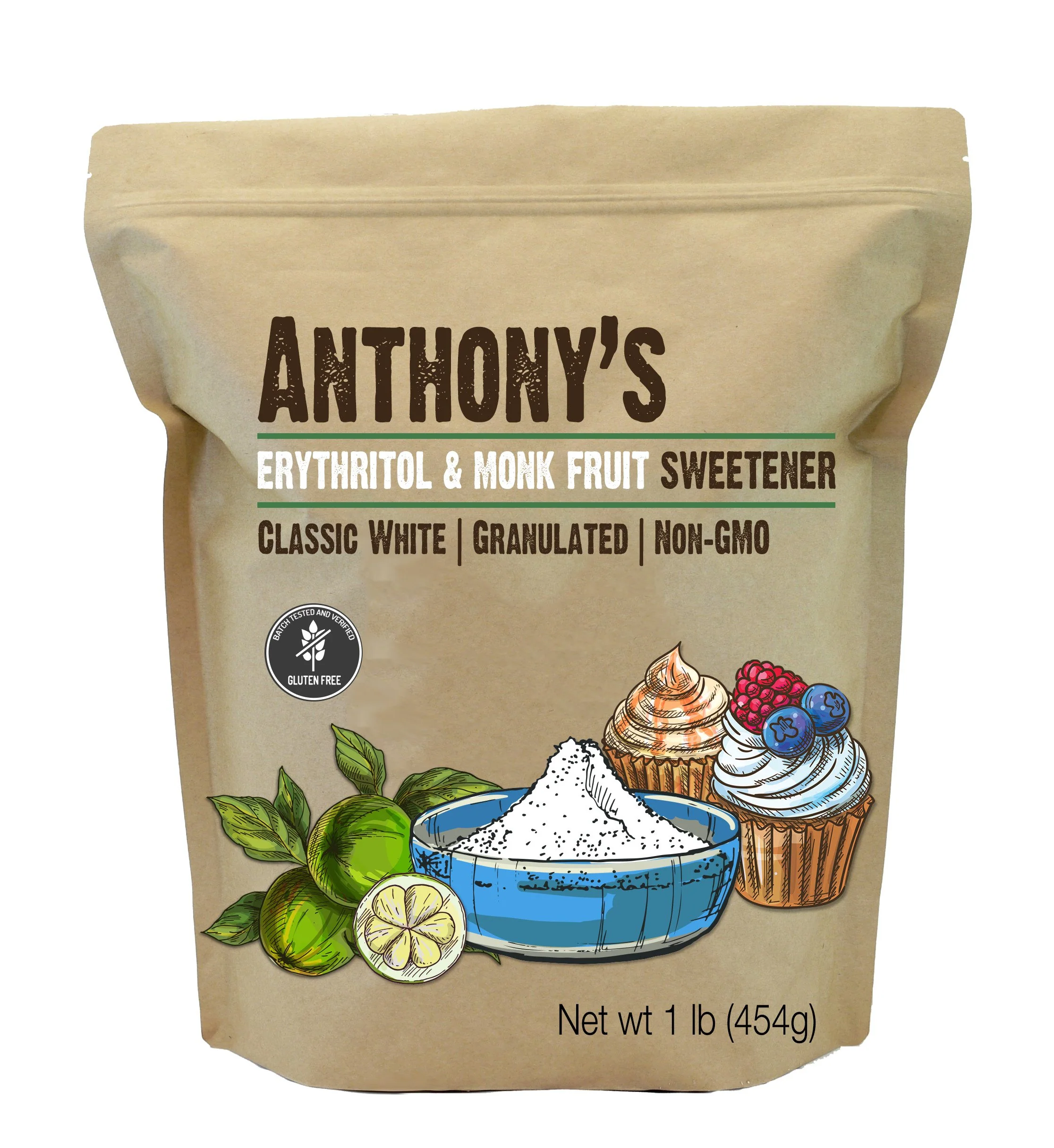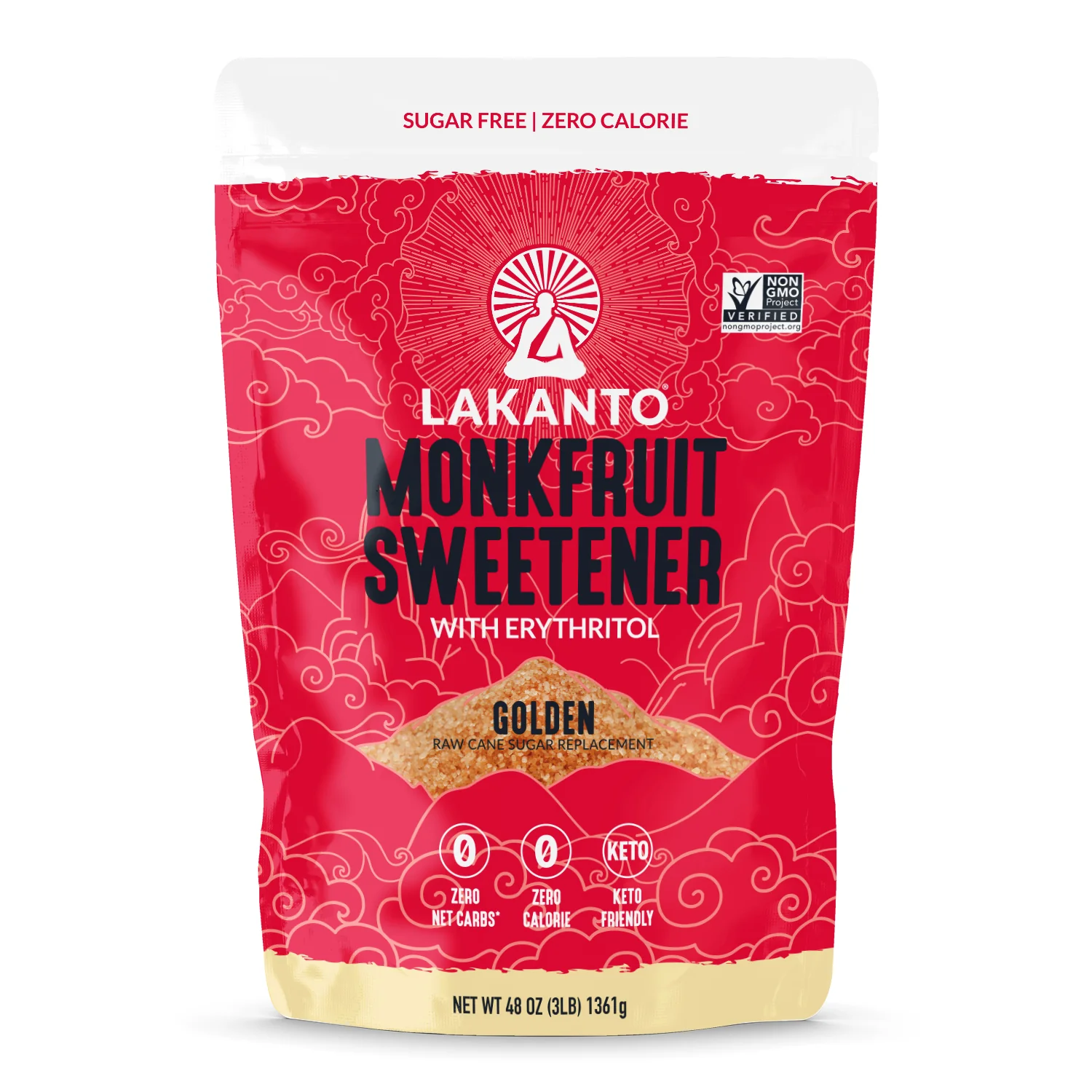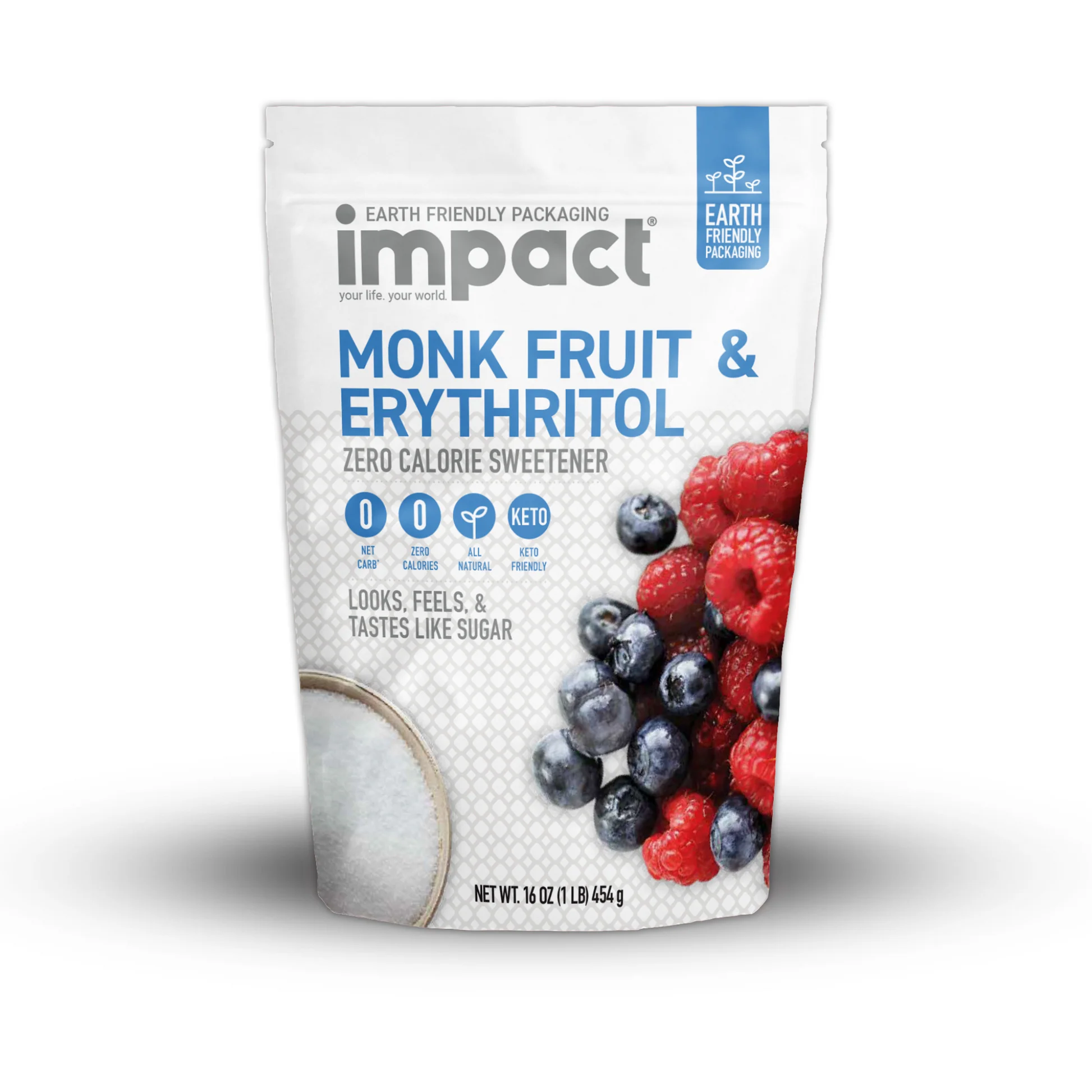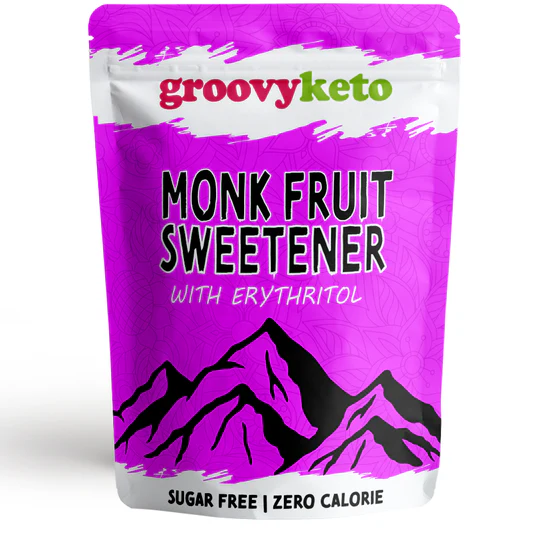Description
Erythritol-Blend Sweeteners: A Deep Dive into a Popular Low-Calorie Option
In the quest for healthier and lower-calorie alternatives to traditional sugar, erythritol-blend sweeteners have emerged as a popular choice. These blends aim to leverage the benefits of erythritol while mitigating its potential drawbacks, offering a more rounded and palatable sweetness experience. Let’s delve deeper into what erythritol-blend sweeteners are, their advantages, potential considerations, and how they stack up against other sugar substitutes.
What are Erythritol-Blend Sweeteners?
Erythritol itself is a sugar alcohol, a type of carbohydrate that occurs naturally in some fruits and fermented foods. It’s about 60-80% as sweet as table sugar (sucrose) and contains significantly fewer calories (around 0.2 calories per gram, compared to 4 calories per gram for sugar).
Erythritol-blend sweeteners typically combine erythritol with other low-calorie sweeteners to enhance the overall flavor profile and address some of erythritol’s inherent characteristics. Common blending partners include:
- Stevia: A natural, plant-derived sweetener known for its intense sweetness and sometimes bitter aftertaste.
- Monk Fruit: Another natural sweetener derived from the monk fruit, offering a clean and smooth sweetness.
- Allulose: A rare sugar that exists in small amounts in some fruits and is not metabolized by the body, making it virtually calorie-free.
- Fiber: Certain fibers, like inulin or soluble corn fiber, can be added to improve the texture and mouthfeel of the blend.
The exact ratios of these ingredients vary from product to product, each aiming to achieve a specific sweetness level, taste profile, and potential health benefits.
Advantages of Erythritol-Blend Sweeteners:
- Low in Calories: One of the primary appeals is their significantly lower calorie content compared to sugar. This makes them a valuable tool for weight management and those seeking to reduce their overall caloric intake.
- Minimal Impact on Blood Sugar: Erythritol is minimally absorbed by the body and largely excreted unchanged, leading to a negligible impact on blood sugar levels. This makes it a suitable option for individuals with diabetes or those monitoring their blood glucose.
- Dental Health Benefits: Unlike sugar, erythritol is not fermented by oral bacteria, which means it doesn’t contribute to tooth decay.
- Improved Taste Profile: Blending erythritol with other sweeteners like stevia or monk fruit can mask any potential cooling sensation or slight aftertaste that erythritol might have on its own.
- Versatility: Erythritol-blend sweeteners can be used in a wide range of applications, including baking, cooking, and sweetening beverages.
- Relatively Gut-Friendly: Compared to some other sugar alcohols, erythritol is generally well-tolerated and less likely to cause digestive discomfort when consumed in moderate amounts.
Potential Considerations:
- Digestive Sensitivity: While generally well-tolerated, consuming large amounts of erythritol, even in blends, can potentially lead to digestive issues like bloating, gas, or diarrhea in some individuals. It’s always best to start with small amounts and gradually increase intake to assess tolerance.
- Ingredient Ratios: The specific blend and ratio of ingredients can significantly impact the taste and texture of the final product. It’s important to read labels carefully and choose blends that align with your taste preferences and dietary needs.
- Cost: Erythritol-blend sweeteners may be more expensive than traditional sugar or some other artificial sweeteners.
- Marketing Claims: Be wary of exaggerated health claims. While these blends offer benefits, they are still sweeteners and should be consumed mindfully as part of a balanced diet.
Erythritol-Blend Sweeteners vs. Other Sugar Substitutes:
- Compared to Sugar: Erythritol-blend sweeteners offer a significant advantage in terms of calorie content and blood sugar impact.
- Compared to Artificial Sweeteners (Aspartame, Sucralose, Saccharin): Many prefer erythritol-blend sweeteners due to their more natural origins and perceived potential health benefits. Artificial sweeteners are often associated with concerns about side effects and gut health.
- Compared to Other Sugar Alcohols (Xylitol, Sorbitol, Maltitol): Erythritol is often considered a more favorable option due to its better digestive tolerance and lower calorie content compared to other sugar alcohols.
Conclusion:
Erythritol-blend sweeteners offer a promising alternative to traditional sugar for those seeking lower-calorie options with minimal impact on blood sugar. Their versatility and improved taste profile make them a popular choice in various applications. However, it’s crucial to be mindful of potential digestive sensitivities, choose blends with desired ingredient ratios, and consume them as part of a balanced and healthy lifestyle. As with any dietary choice, moderation and individual tolerance are key to reaping the benefits of erythritol-blend sweeteners without experiencing adverse effects. Always consult with a healthcare professional or registered dietitian for personalized dietary advice.











Reviews
There are no reviews yet.